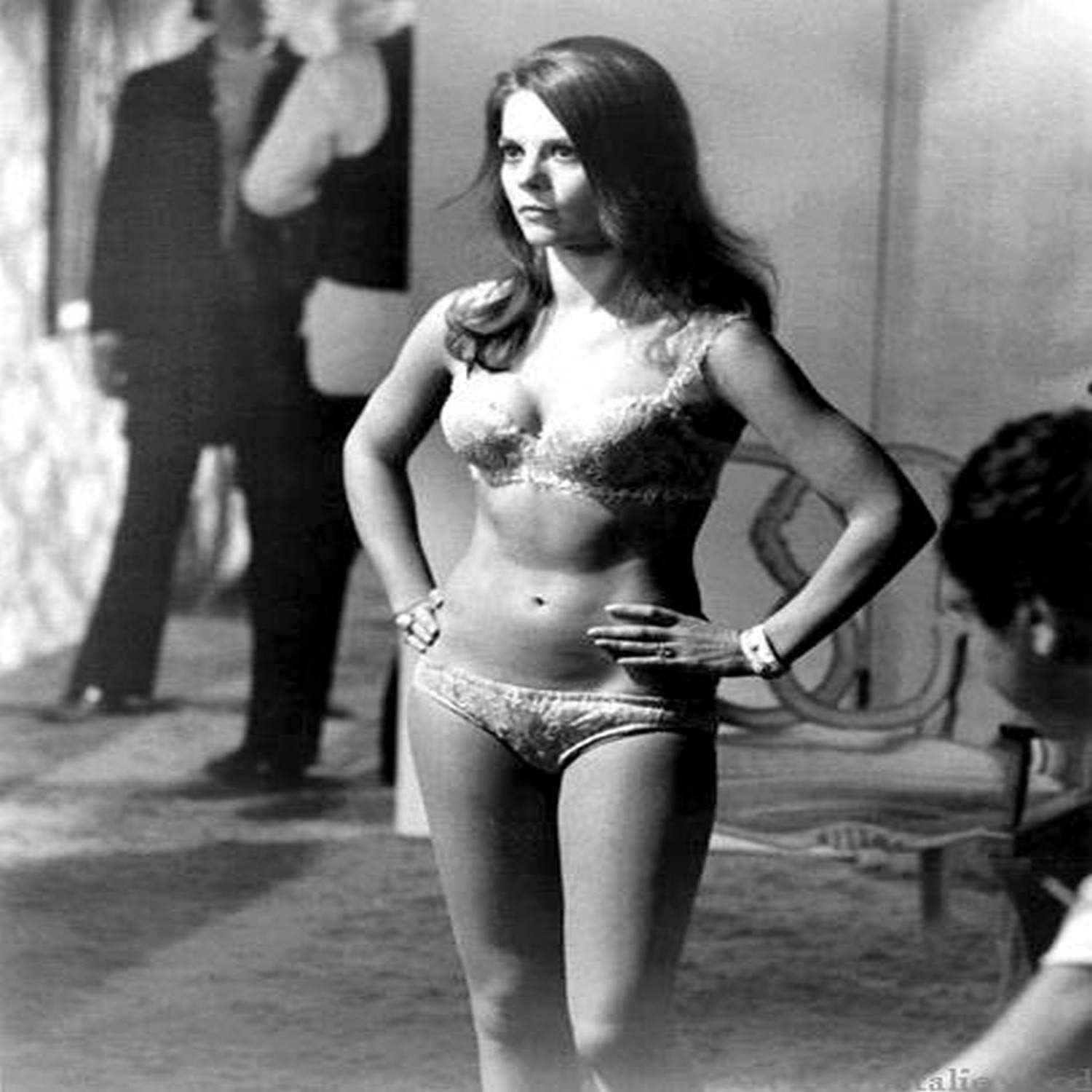As summer approaches and temperatures rise, energy bills often follow suit as air conditioners work overtime. Fortunately, there are ways to keep your home cool while maintaining energy efficiency and keeping costs manageable.
While air conditioning is a lifesaver during sweltering heat, it comes with environmental trade-offs. Air conditioners are a significant contributor to greenhouse gas emissions, which exacerbate global warming and lead to more extreme heat waves. Scientists warn that temperatures are expected to rise annually, but you can strike a balance between staying comfortable and reducing environmental impact.
Here are 12 practical tips to help:
1. Clean Your Air Conditioner

Blocked vents and dirty filters hinder airflow, forcing your air conditioner to work harder. Regularly cleaning the vents, filters, and ducts—or hiring a professional to do so—ensures smooth airflow, improving efficiency and lowering energy costs.
2. Schedule Professional Maintenance

Even if you handle basic cleaning yourself, it’s wise to have a professional inspect your air conditioning system. They can identify issues such as faulty wiring or poor airflow, helping prevent costly repairs later.
3. Maintain a Consistent Temperature

Avoid large temperature fluctuations during the day. Keeping the thermostat steady reduces strain on your air conditioner during peak heat hours.
4. Opt for a Higher Temperature

Setting the thermostat to around 70°F instead of lower temperatures can cut energy use by up to 20%. Lowering the temperature too much not only increases costs but also impacts the environment.
5. Turn It Off When Possible

Take advantage of cooler nights and breezy weather by turning off the air conditioner and opening windows. When no one is home, turn off the system or set it to a higher temperature (around 70°F) to conserve energy and give the unit a break.
6. Be Mindful of Peak Hours

Energy usage peaks in the afternoon and evening when temperatures are highest. Spend time at cooler spots, such as a local pool, lake, or air-conditioned public space, to reduce reliance on your air conditioner during these hours.
7. Close Windows During the Day

If you’ve enjoyed cool night breezes with open windows, remember to shut them in the morning to keep the rising heat out.
8. Block Out Sunlight

Closing blinds or curtains during the day can significantly reduce the amount of heat entering your home, keeping your air conditioner from overworking.
9. Use Fans Alongside Your Air Conditioner

Ceiling fans are excellent for circulating cool air, allowing you to rely less on your air conditioner while maintaining a comfortable indoor temperature.
10. Cook Strategically

Minimize the use of heat-producing appliances during the hottest parts of the day. Opt for microwave or slow cooker meals instead of using the oven. Alternatively, prepare cold dishes like salads or charcuterie boards to keep your home cool.
11. Improve Ventilation and Insulation

Proper insulation is key to efficient cooling. Seal any cracks or gaps, use weatherstripping, and ensure your attic or basement is well-insulated to prevent cool air from escaping.
12. Invest in a Smart Thermostat

Although smart thermostats require an upfront investment, their programmable features help optimize energy usage. They can adjust temperatures automatically while you’re away, ensuring efficiency without sacrificing comfort.
By adopting these tips, you can enjoy a cooler, more energy-efficient summer while keeping costs—and your environmental impact—in check.
This Historic Photo Has Never Been Edited.

Natalie Wood looked gorgeous in a bikini at a pool party in the 1960s.

Oh Carol, Carol! At the end of the 1969 film Bob & Carol & Ted & Alice, which tackled the themes of honesty and faithfulness in marriage, there was a more adventurous couple attempting to trade wives with their more conventional friends. When you find out that the attractive woman in a paisley bikini, Natalie Wood, is involved, the stakes suddenly seem a little greater. Wood played Carol, a lady determined to confess everything, even their illicit affairs, to her husband Bob (Robert Culp). Although Alice (Dyan Cannon) insisted on switching partners in one of those real-life movie-world cerebral exchanges, Ted (Elliott Gould) wasn’t too thrilled of the idea. It functions for a short duration before breaking down.



Leave a Reply